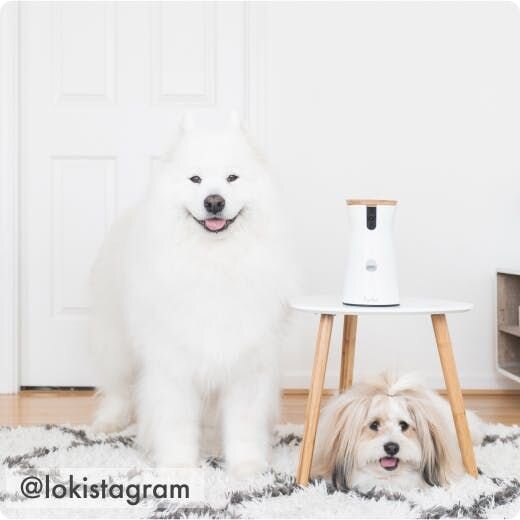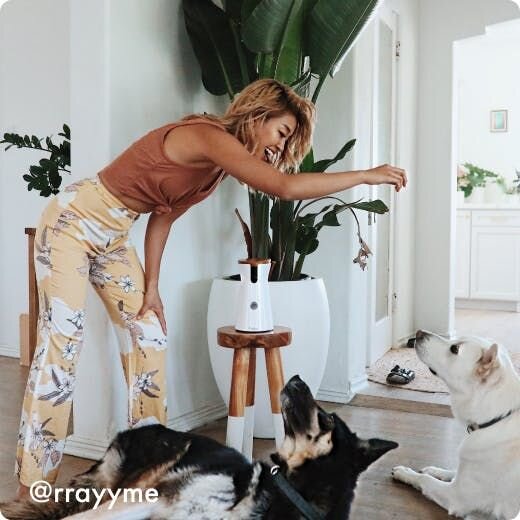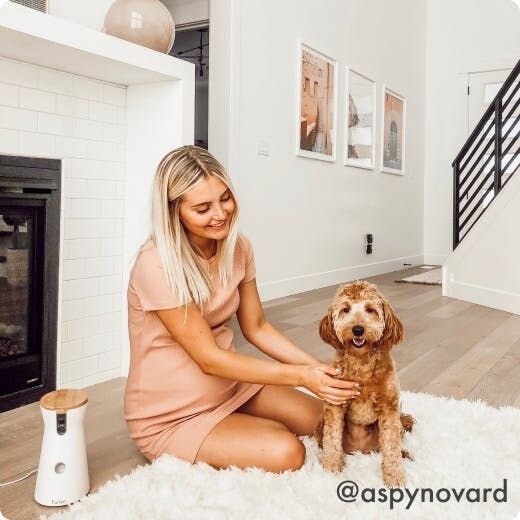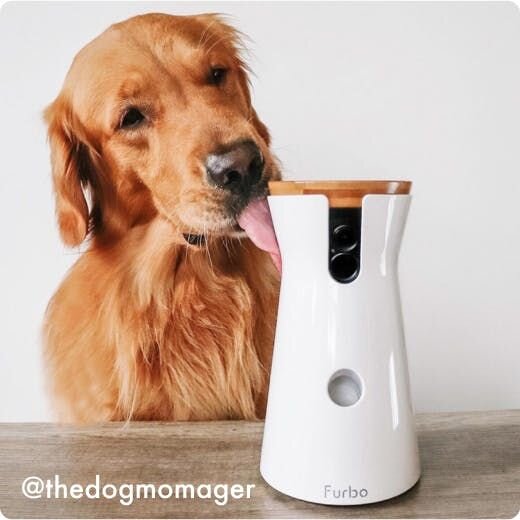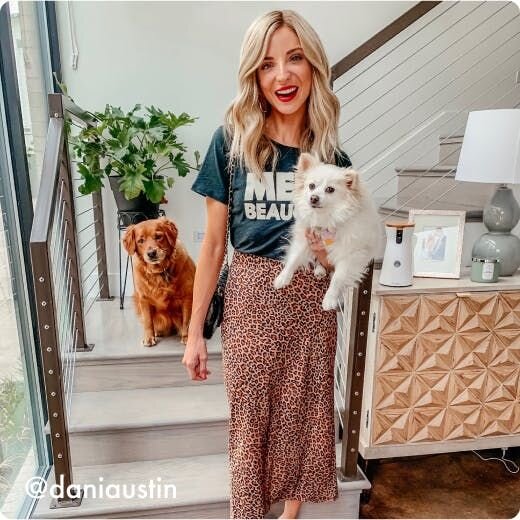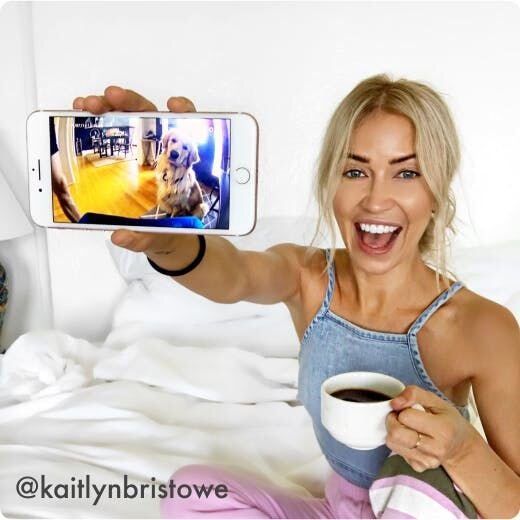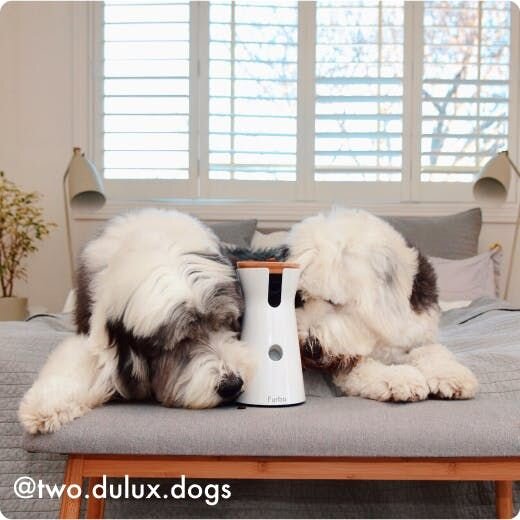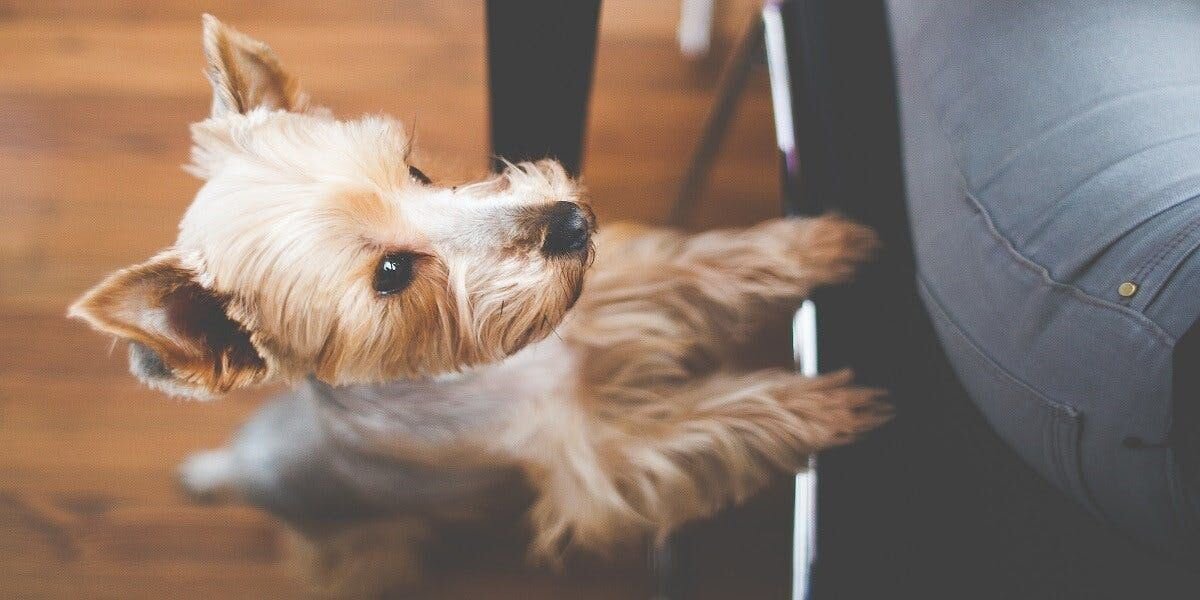
There is no better feeling than bringing a new puppy home and knowing that you will give it the best care, attention and love. Soon, the two of you will form a bond like no other. Puppies are an absolute joy to have in your home. For working moms, the unfortunate part is that we cannot be with them 24/7 and that we have to leave them alone when we go to work. It is heartbreaking watching your little puppy stay behind with sad eyes as you leave. Fortunately, there are a few things we can do in order to train our pups to be left home alone without causing much distress. In fact, we can train our puppies to look forward to us leaving by putting a few, or all of the following measures in place.
1. Start training your puppy to be alone at short intervals
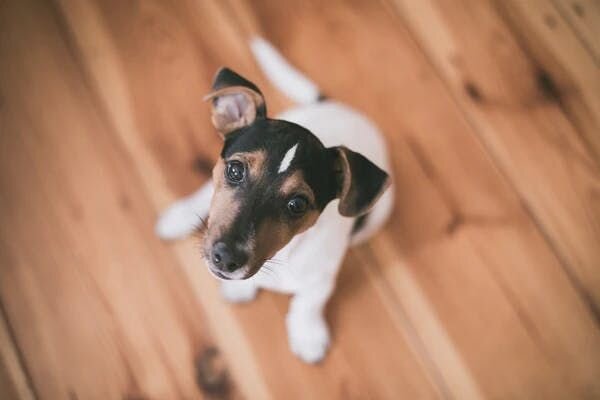
When you bring your puppy home for the first time, try to schedule it over a weekend. The reason for this is to make sure that your puppy settles in well, and that you can start training him to be home alone at short intervals. Puppies need up to 18 hours of sleep per day, so leaving them alone for an hour or two at a time should not be too difficult. Avoid taking your puppy with you everywhere you go in the beginning, as tempting as it may be. If your puppy becomes your second little shadow, it could be the start of over-attachment, which is not always a good thing. If your puppy becomes over-attached to you, it could make it more difficult for him to be left alone and that can later develop into separation anxiety. Teach your puppy from the start that you are not always going to be by his side by leaving him alone at short intervals.
2. Show your puppy that it is fun without you
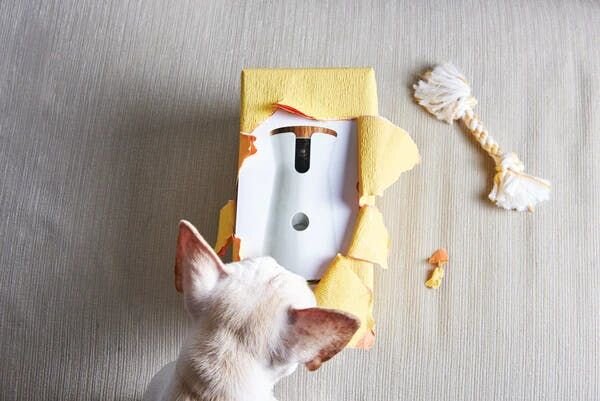
When you leave your puppy alone, make sure that he has something to do. Something fun of course! You can purchase some dog puzzle toys in order to keep him busy and stimulated. These toys most often dispense treats when rolled around or if a hatch is lifted. You can Google how to make your own DIY puzzle toys for your puppy as an alternative and inexpensive solution.
Dogs in the wild would spend a lot of their day searching for food. Try to simulate this for your puppy by hiding treats in the garden and around the house so he can happily sniff out treats while you are away. You can also get him some chew toys, chew treats or a frozen Kong toy stuffed with yummy treats! The key is to give this to your dog just before you leave the house. This way, he will associate you leaving as a positive experience. Essentially you teach him that good things happen when you leave.
3. Crate train your puppy
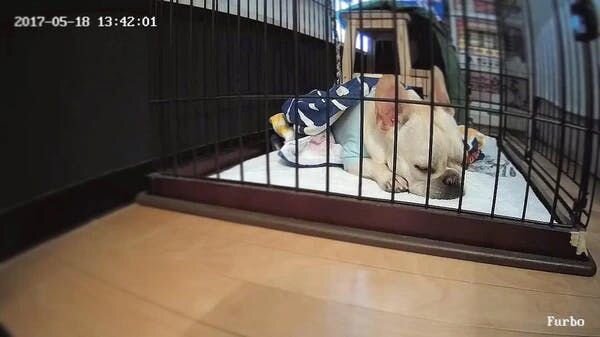
They key to crate training your puppy, is to make the crate the most wonderful place on earth! You can do that by making the crate a positive experience! Give your puppy yummy things to chew while he is in the crate. Ensure that you give him lots of affection and praise when he is in the crate and never put your puppy in the crate to punish him. Leave the crate door open at the beginning, so your puppy can go in at out as it pleases, without feeling trapped. Once your puppy is comfortable with his crate, and it gets affection and treats whenever it goes inside, you can start closing the door for 10 – 15 minutes at a time. You can start increasing the time it is left in the crate gradually.
4. Keep your comings and goings low-key
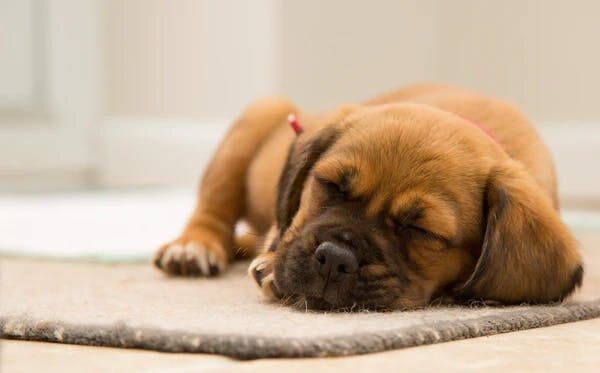
Don't make a fuss when you leave. If you feel sorry for your puppy and keep making the situation sad, your puppy will pick up on that. Simply keep it positive, give your puppy a chew toy and say “See you later buddy! Be good!”
Don't make a fuss when you return either. Your puppy is already excited to see you, if you increase that excitement by making too much of a fuss, you may be teaching your puppy bad habits. Some puppies get so excited when their owners return home that they urinate, jump up excessively or make loud howling and barking sounds, which may drive you, your guest or neighbors crazy eventually. Calmly greet your puppy, no matter how excited you are to see him. You have the rest of the evening to show him how happy you are to be home and spend some much needed quality time together.
5. Be present, even when you are not
This statement may seem confusing, but there is actually a way to be with your puppy even if you are at work. You could invest in a dog monitor or dog camera like Furbo Dog Camera. This allows you to check on your puppy from the office and give you peace of mind. The big plus is that you can talk to your pup every now and again via two-way audio. It makes a big difference to your dog knowing that you are present, even if it is not in the flesh. This camera is specially designed for dogs so it allows you to dispense treats remotely. It even has a barking alarm that will notify you when your dog is barking so you can talk to him to settle him down. Another way to be “present” is to put one of your t-shirts or old shoes on your puppy's bed so he can smell you close by. This has shown to be a comfort to some pups.
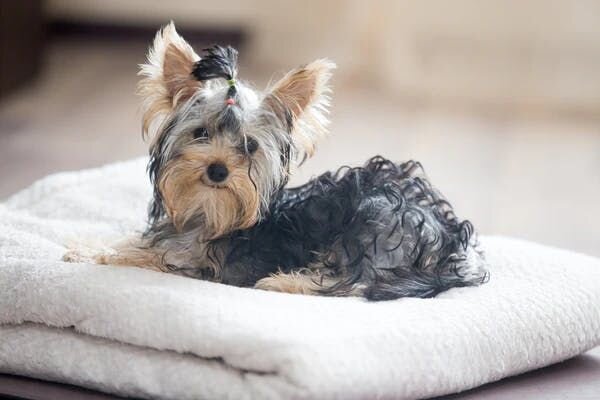
By following these simple strategies, your puppy should adjust to being left alone while you are at work in no time. These little bundles of joy are very adaptable and they mostly accept their daily routines without much fuss. As long as you make sure that your puppy has something to do, something to chew, and a comfy place to sleep, he should be happy to have the house all to himself.
